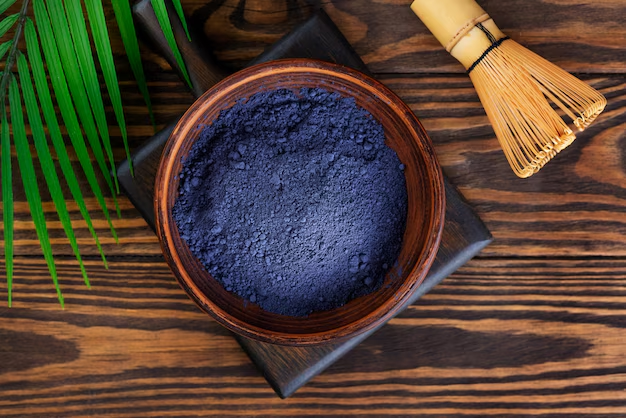
Forget Leaving You Black And Blue: Matcha May Leave You Iron Deficient
- Sep 25, 2025
Do you rightly consider your warm cup of matcha a Zen-like sanctuary brimming with antioxidants and a gentler 'buzz' than coffee? Don't ditch it just yet; this article isn't aiming to scare you away from your elixir of choice. But yes, we are here to add a dash of reality to your matcha madness.
Matcha, the powdered godsend green tea, packs in tannins – a polyphenol with a scary knack for binding iron in your tummies and holding back its absorption by your body. The extra concentration of matcha compared to regular green tea only adds more iron-blocking villains to the cup.
"This affects the plant-derived non-heme iron more than the meat-sourced heme iron," explains Debbie Petitpain, MBA, RD, a spokesperson for the Academy of Nutrition and Dietetics. So your salads are under more of a threat than your steaks.
Petitpain points out research indicating a mere serving of green tea with food can slash non-heme iron absorption levels by nothing less than 60%-90%. And matcha, being the overachiever, cripples the iron absorption capacity further.
But don’t drop your cup just yet. Matcha isn't the only culprit here; your iron can meet its nemesis in various other tannin-rich foods, affecting your iron uptake when binged upon. Symptoms of Iron deficiency can go under the radar, so don't blithely sip away if you notice reddish flecks, itchy skin, or a general sense of fatigue creeping in. Don't hesitate to reach out to your healthcare provider for an iron test; Petitpain assures it's usually quick and covered by most insurance plans.
Daily consumption of matcha, when accompanied by meals, is best avoided by pregnant women, children, vegetarians, people with digestive diseases, frequent donors, menstruating women, or those already struggling with iron deficiency. And as Yoshua Quinones, MD, clinical instructor at NYU Grossman School of Medicine, points out, its caffeine content can add up.
The good news is, Vitamin C plays the knight in shining armor here, enhancing iron absorption by facilitating a process called chelation and reduction. Few tweaks to your daily routine can help you continue your tryst with matcha while caring for your iron levels. So don't bid farewell to your treasured tea just yet. Keep calm, and carry on sipping!






